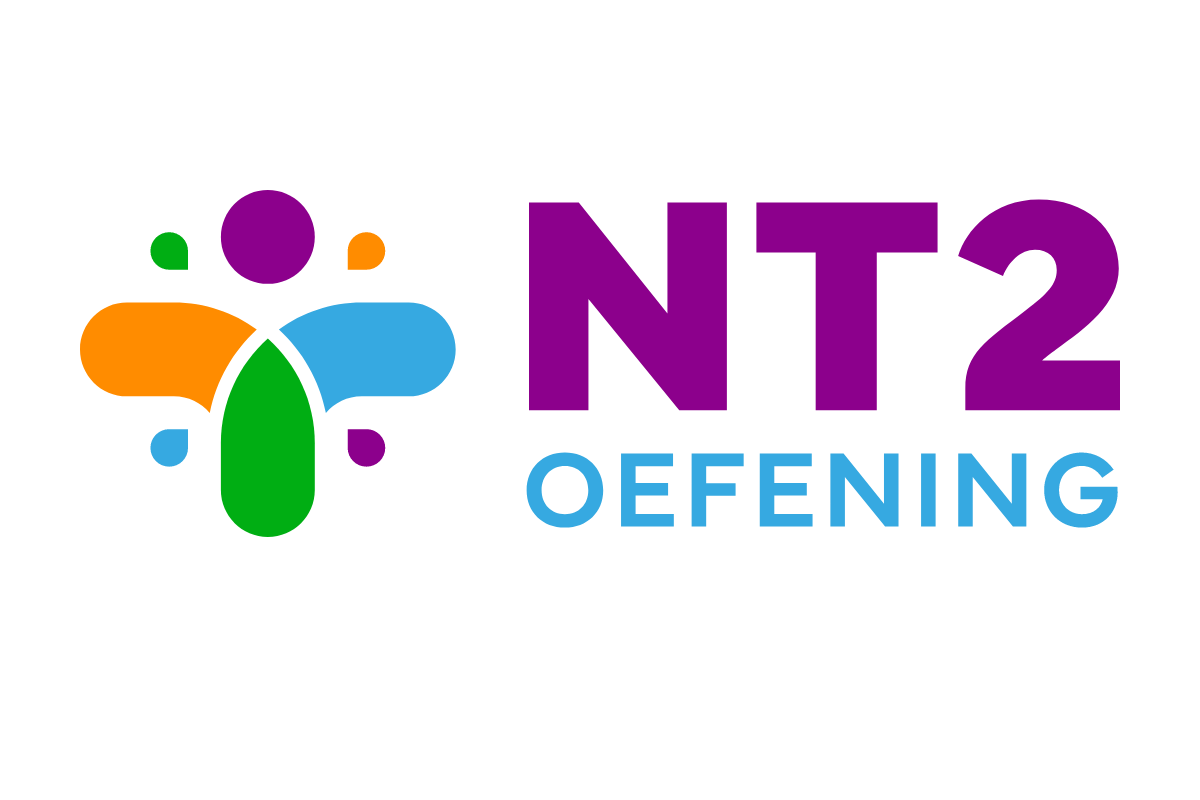Introduction
The Civic Integration Exam Abroad (in Dutch: Basisexamen inburgering buitenland) is a crucial step for those seeking to live in the Netherlands. It assesses your knowledge of the Dutch language and culture. Passing this exam is mandatory if you plan to apply for a Provisional Residence Permit (MVV). However, certain individuals sometimes are exempt from the Civic Integration Exam Abroad. Here are the key exemptions:
- Under 18 Years Old: You don’t need to take the exam if you’re younger than 18 years old.
- There are also some nationality-based exemptions. If you are a citizen of the following countries, you are exempt from the exam:
- EU or EEA countries
- Australia
- Canada
- Japan
- Monaco
- New Zealand
- Vatican City
- United Kingdom
- United States of America
- South Korea
- Switzerland
- On the other hand, if you are a long-term EU resident in a different EU country, you may be exempt.
- If you lived in the Netherlands for over 8 years during compulsory school age, you may not need to take the exam.
- Surinamese nationals who completed at least primary education in Dutch, either in Suriname or the Netherlands, are exempt.
- The last group includes spiritual counselors such as a monk, internal assistant, or board member. If you work as a spiritual counselor and do not offer your services to the public, you may be exempt.
However, it is useful to state that these exemptions are subject to specific conditions. So it’s essential to verify your eligibility based on your circumstances.
Special Residence Permit Applications
If you are applying for a residence permit with a specific temporary purpose (e.g., work, study, or medical treatment), you are exempt from the Civic Integration Exam Abroad. This exemption recognizes that your stay in the Netherlands is temporary, and language proficiency may not be immediately necessary.
1. Residence Permit with a Temporary Residence Purpose
If you are applying for a residence permit with a specific temporary purpose (e.g., work, study, or medical treatment), you are exempt from the Civic Integration Exam Abroad. This exemption recognizes that your stay in the Netherlands is temporary, and language proficiency may not be immediately necessary.
2. Residence with a Family Member or Relative
- Family Members: If you are joining a family member or relative who already holds a residence permit for a temporary purpose (e.g., work or study), you are exempt from the exam. This applies to spouses, children, and other eligible family members.
- Asylum Residence Permit: If your family member or relative has a permanent or temporary asylum residence permit, you are also exempt.
3. Verification against EU Law
If your residence permit application falls under EU law provisions (such as the EU Family Reunification Directive), you may be exempt from the Civic Integration Exam Abroad. This verification process ensures compliance with EU regulations.
4. Different Residence Purpose with an Existing Dutch Residence Permit
Suppose you already hold a residence permit in the Netherlands for a different purpose (e.g., work, study, or family reunification), and you are now applying for a new residence purpose. In that case, you may be exempt from retaking the exam. The authorities consider your existing integration efforts during your previous stay.
While these exemptions exist, it’s essential to verify your eligibility with the Immigration and Naturalization Service (IND) or your legal advisor. Remember that each case is unique, and specific conditions may apply.
Exemption due to Diploma, Certificate or Degree Certificate
If you meet certain requirements, you may be exempted from taking the Civic Integration Exam Abroad. Here are the qualifications for exemption:
1. Civic Integration Diploma
You are exempt from the exam if you possess the Civic Integration Diploma as defined by the Dutch Civic Integration Act.
2. State Examination in Dutch as a Second Language (NT2)
If you have a State Examination diploma in Dutch as a Second Language (NT2), either at program level I or II, you are also exempt.
3. Dutch Degree Certificates
If you complete specific Dutch educational programs, you can exempt:
- Dutch university education
- University of applied sciences education (HBO)
- Vocational education (MBO) from level 2
- Pre-university secondary education (VWO)
- Senior general secondary education (HAVO)
- Junior general secondary education (MAVO)
- Preparatory secondary vocational education (VMBO)
During these programs, you must have had lessons in Dutch.
4. Programs Comparable to Dutch Education
If you completed a program comparable to Dutch education in Belgium or Surinam, and followed it in Dutch, you are exempt. However, passing the Dutch subject is required.
5. Dutch-Language Education in Specific Territories
Diplomas, certificates, or other documents related to Dutch-language education in the following territories grant exemption:
- Bonaire, Sint Eustatius, or Saba
- Aruba, Curaçao, or Sint Maarten
The diploma must be from a program designated by the Dutch Minister of Education, Culture, and Science (OCW), and you must have passed the Dutch subject.
6. European Baccalaureate
You are exempt from the exam if you possess a European Baccalaureate diploma from the European School, listing Dutch as either the first or second language.
7. International Baccalaureate (IB) Certificates
You qualify for exemption if you completed an IB Middle Years Certificate, International General Certificate of Secondary Education, or International Baccalaureate course with Dutch as a subject and achieved a passing grade.
Conclusion
Remember to check the specific requirements and guidelines for each exemption category. If you qualify, you won’t need to take the Civic Integration Exam Abroad, making your integration process smoother.
NT2 Oefening!
Are you preparing for the State Examination in Dutch as a Second Language (NT2) or simply aiming to improve your language skills? NT2 Oefening offers a diverse range of exercises and practice materials. NT2 Oefening provides an interactive and supportive environment for Dutch language learners, from reading passages to writing exercises. Dive in, explore, and enhance your Dutch proficiency with this user-friendly online platform.
Follow us on social media!

